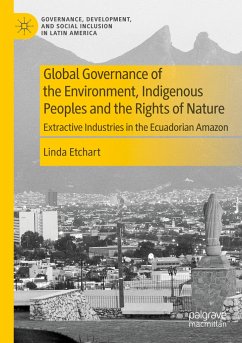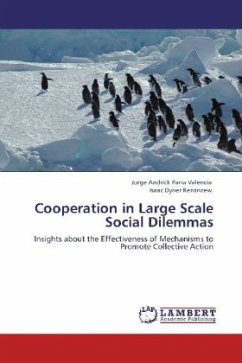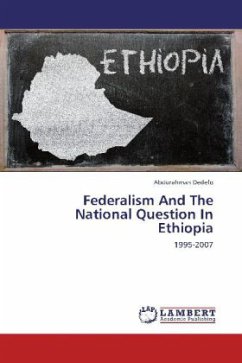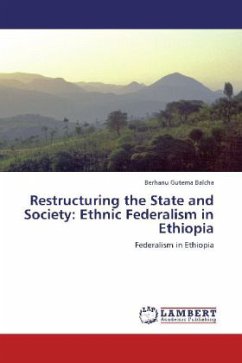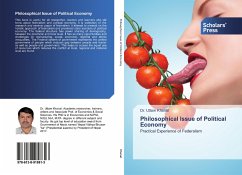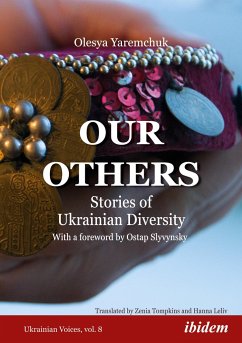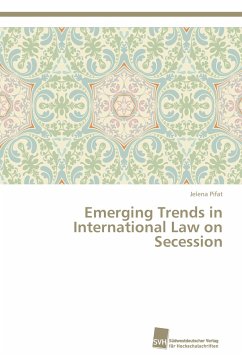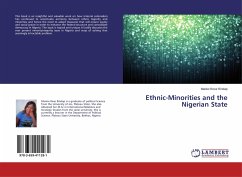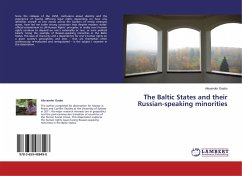
Large-Scale Land Acquisitions & Indigenous Peoples' Right in Ethiopia
A Case Study of Gambella Regional State
Versandkostenfrei!
Versandfertig in 6-10 Tagen
70,99 €
inkl. MwSt.

PAYBACK Punkte
35 °P sammeln!
The contemporary phenomenon of the global rush for farmland has generated intense debate from various stakeholders. While the proponents embrace it as a 'development opportunity', the critics dub it 'land grabbing'. Whatever terminology is used, one fact remains indisputable - since 2007 vast swathes of farmlands in developing countries have been sold or leased out to large-scale commercial farmers. Ethiopia is one of the leading countries in Africa and as a matter of state policy, it promotes these investments in peripheral regions that are predominantly inhabited by indigenous and pastoralis...
The contemporary phenomenon of the global rush for farmland has generated intense debate from various stakeholders. While the proponents embrace it as a 'development opportunity', the critics dub it 'land grabbing'. Whatever terminology is used, one fact remains indisputable - since 2007 vast swathes of farmlands in developing countries have been sold or leased out to large-scale commercial farmers. Ethiopia is one of the leading countries in Africa and as a matter of state policy, it promotes these investments in peripheral regions that are predominantly inhabited by indigenous and pastoralists communities. This thesis draws upon the experience of the Gambella regional state - the epicentre of large-scale land acquisition in Ethiopia. The thesis argues that large-scale land acquisitions in Ethiopia is indeed redefining indigenous communities' right to land, territories and natural resources in fundamental ways. By doing so, it also threatens the post-1991 social contract - i.e. ethnic federalism - between the envisaged new Ethiopian state and its diverse communities, particularly the peripheral minorities and indigenous ethnic groups by marginalizing them even further.



